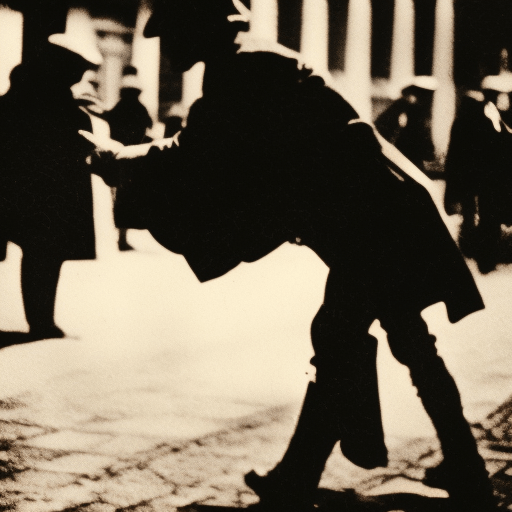Summary:
The French Revolution was a period of radical social and political upheaval in France from 1789 to 1799. It began with the Estates-General, which was called by King Louis XVI to address the country’s financial crisis. The revolution quickly escalated, leading to the overthrow of the monarchy, the Reign of Terror, and ultimately the rise of Napoleon Bonaparte.
Causes of the French Revolution:
The French Revolution was fueled by a combination of social, political, and economic factors. The French monarchy was burdened with debt, and the nobility and clergy enjoyed privileges while the majority of the population suffered. Enlightenment ideas of equality and individual rights also influenced the revolutionaries.
Key Events:
Estates-General: In May 1789, the Estates-General was convened to address the financial crisis. The Third Estate, representing the commoners, demanded equal representation and formed the National Assembly.
Storming of the Bastille: On July 14, 1789, Parisians stormed the Bastille prison, a symbol of royal authority. This event marked the beginning of the revolution and led to widespread uprisings across the country.
Declaration of the Rights of Man and of the Citizen: In August 1789, the National Assembly adopted this document, which proclaimed the principles of liberty, equality, and fraternity.
Reign of Terror: From 1793 to 1794, the Committee of Public Safety, led by Maximilien Robespierre, implemented a period of intense political repression. Thousands of people were executed, including King Louis XVI and Queen Marie Antoinette.
Rise of Napoleon Bonaparte: In 1799, Napoleon Bonaparte staged a coup d’état and established himself as First Consul. This marked the end of the revolution and the beginning of the Napoleonic era.
Impact of the French Revolution:
The French Revolution had a profound impact on France and the world. It ended feudalism and established a more egalitarian society. The revolution also inspired other revolutionary movements across Europe and the spread of nationalist sentiments.
Legacy of the French Revolution:
The French Revolution’s legacy can be seen in the modern concepts of democracy, human rights, and the rule of law. It also led to the rise of nationalism and the spread of revolutionary ideals throughout the 19th century.
Conclusion:
The French Revolution was a transformative period in French history. It began with the Estates-General and quickly escalated into a revolution that overthrew the monarchy and led to the Reign of Terror. The revolution’s impact was far-reaching, inspiring other movements and shaping the modern world’s political and social landscape.












